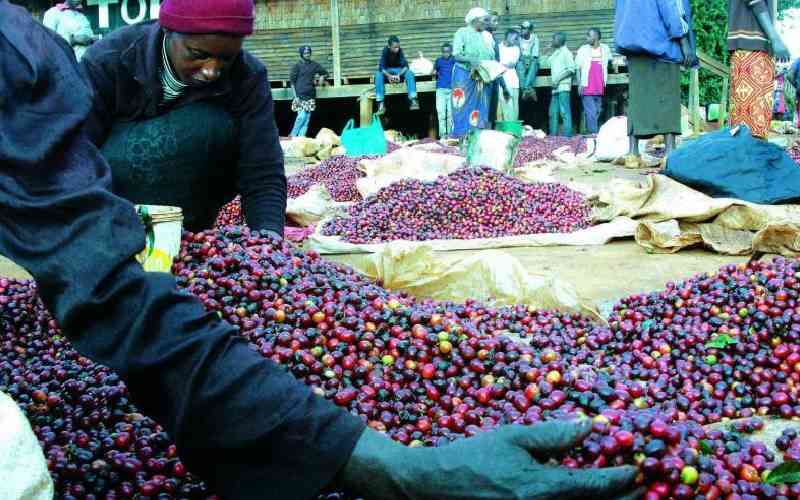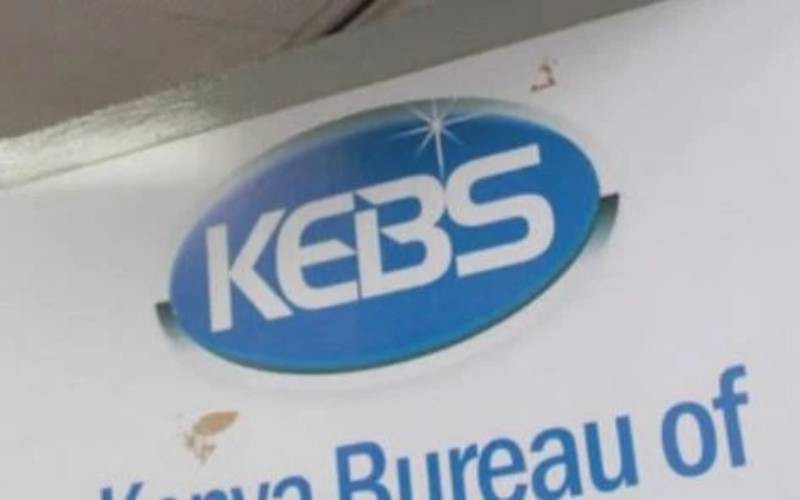The upcoming Africa Global Business Summit to be hosted in Dubai brings with it an opportunity for the continent’s business leaders and policy makers to engage with global decision makers, and network with industry peers.
Organised by the Dubai Chamber of Commerce & Industry (DCCI), the November 17 and 18 forum seeks to explore new business partnerships and opportunities in Africa and the Middle East. The forum will bring together several heads of state, high-ranking officials, Fortune 500 CEOs, as well as other prominent leaders in business and investment.
Africa’s attractiveness is becoming more appealing to large corporations, institutions and investors, with the latest suitors being Middle Eastern countries keen to deepen their search for investment deals in the continent.
“Africa’s development in recent years has been impressive. First and foremost, it is the result of African vision, leadership and efforts to strengthen peace and support economic development in the continent,” said Hamad Buamim, the president and CEO of the DCCI, which is also sponsoring the event.
Mr Buamim said there are many inspiring African success stories that are making the continent attractive to Middle Eastern firms.
“The continent’s progress will add great stability and momentum to the global economy, and benefit Dubai as well.”
With commodity prices, which have been a key driver of growth for Africa and the Middle East, now depressed, the forum will look at alternative ways to sustain the regions’ momentum.
Global prices for oil, coffee, tea, cocoa, horticulture and copper have dipped, making it difficult to sustain growth. This emerging dilemma of fluctuating commodity prices has provided a common ground for Africa and member countries of the Gulf region ahead of the two-day summit in Dubai.
The two regions are hoping to find long-term solutions to shift the development focus to new investment opportunities.
“Commodities are under a lot of pressure due to fluctuating prices, and Africa offers opportunities to move away from them. We need a new order of trade and investment,” said Buamim.
He added that investors in the Gulf are re-routing their money into investment sectors in Africa like tourism, real estate, trade, hospitality, shipping and logistics.
Investors in the Middle East are particularly looking at South Africa, Nigeria, Kenya, Egypt, Ghana and Morocco among ideal investment markets. High-growth economies such as Zambia, Ghana, Ethiopia, Tanzania and Mozambique are also becoming important destinations.
This trend is set to continue as more African countries demonstrate sound economic policies and improved business environments.
Major investors in the continent now include emerging economies like China, India, Turkey, and the Gulf states. A number of Dubai firms have already ventured into non-commodity sectors in Africa, with the trend is expected to become more visible in Kenya next year when DCCI opens a branch in Nairobi. It already has offices in Ghana and Ethiopia, with plans to set up across other markets.
Also, financial institutions in the Middle East have become active arrangers for financing in Africa, amid a growing interest in Islamic products.
Stay informed. Subscribe to our newsletter
“Africa is the destination for future investments, and the Islamic economy sector in the continent is still in the growth phase. We, therefore, invite UAE companies to work in this area to make Dubai the capital of the Islamic economy,” said Buamim.
The DCCI recently commissioned a study that revealed the presence of large investment opportunities in the untapped sectors of Islamic economy in the African continent, especially in the field of Islamic finance, halal food and tourism.
The highlights of the study, which will be published in full during the Africa Global Business Summit, pointed to growing demand in Kenya, Ethiopia and South Africa for Islamic finance products, and banking instruments in asset management and takaful sectors.
It further found that the African region needs somewhere near $98 billion (Sh10 trillion) a year to fund its infrastructure needs. Sukuk lends itself well to Africa’s infrastructure gap, the report said.
On Kenya, the study states that the country has a Muslim population of 14.5 million, yet Islamic banking commands a market share of about 2 per cent.
The country, however, has adopted a robust vision for developing Islamic capital markets, and has a partnership with the Qatari government to build capacity and develop the legal and regulatory framework to allow it to issue Sharia-compliant products.
[email protected]
 The Standard Group Plc is a
multi-media organization with investments in media platforms spanning newspaper
print operations, television, radio broadcasting, digital and online services. The
Standard Group is recognized as a leading multi-media house in Kenya with a key
influence in matters of national and international interest.
The Standard Group Plc is a
multi-media organization with investments in media platforms spanning newspaper
print operations, television, radio broadcasting, digital and online services. The
Standard Group is recognized as a leading multi-media house in Kenya with a key
influence in matters of national and international interest.
 The Standard Group Plc is a
multi-media organization with investments in media platforms spanning newspaper
print operations, television, radio broadcasting, digital and online services. The
Standard Group is recognized as a leading multi-media house in Kenya with a key
influence in matters of national and international interest.
The Standard Group Plc is a
multi-media organization with investments in media platforms spanning newspaper
print operations, television, radio broadcasting, digital and online services. The
Standard Group is recognized as a leading multi-media house in Kenya with a key
influence in matters of national and international interest.








